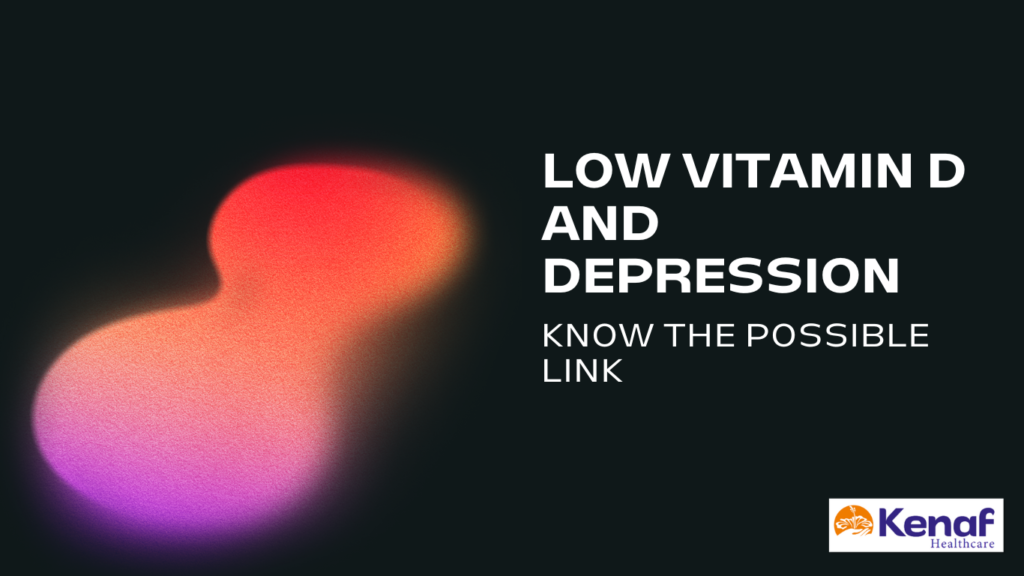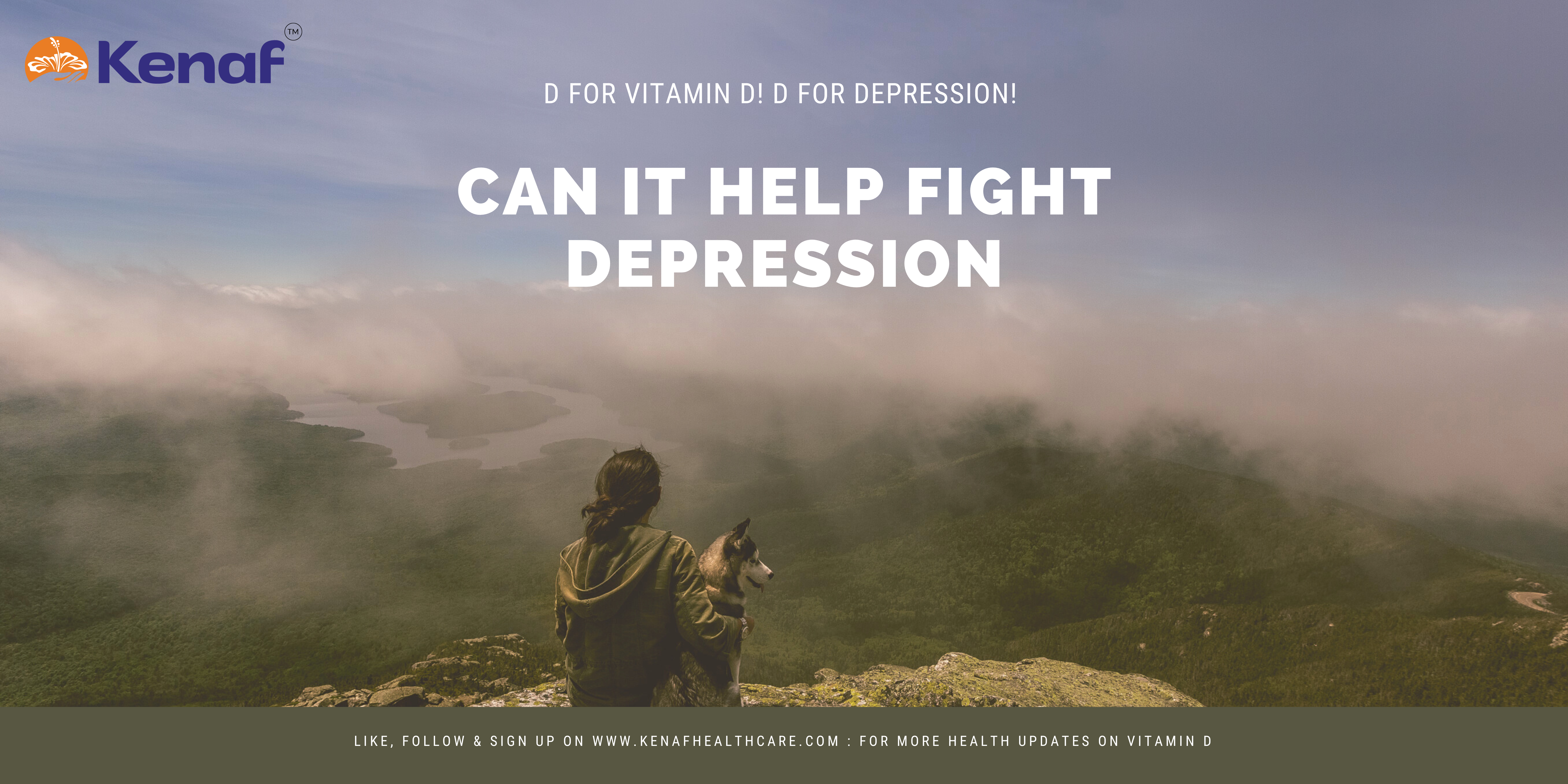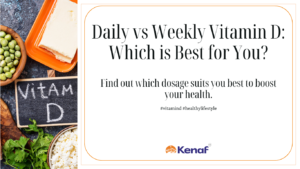Vitamin D – The Happy Hormone
Vitamin D is an essential nutrient that plays an important role in a variety of bodily functions, including bone health, immune function, and inflammation. In recent years, researchers have also investigated the potential link between vitamin D and depression.
Depression – A growing Concern
Depression is associated with significant disability, mortality and healthcare costs. It is the third leading cause of disability in high-income countries and affects approximately 840 million people worldwide. Although biological, psychological and environmental theories have been advanced the underlying pathophysiology of depression remains unknown and it is probable that several different mechanisms are involved. 1
Vitamin D and Depression

Several studies have suggested that there may be a connection between low levels of vitamin D and an increased risk of depression. One study published in the Journal of Affective Disorders found that people with low vitamin D levels were more likely to have symptoms of depression than those with higher levels. Another study published in the British Journal of Psychiatry found that vitamin D supplementation improved symptoms of depression in people with low levels of vitamin D.
Vitamin D – Possible action
There are several possible explanations for why vitamin D might be linked to depression. One possibility is that vitamin D plays a role in regulating mood and behaviour through its effects on the brain. Vitamin D receptors are present throughout the brain, and studies have suggested that vitamin D may influence the production and release of neurotransmitters like dopamine and serotonin, which are important for regulating mood.
Vitamin D Serotonin – The Possible Link
Researchers so believe that Vitamin D may help to fight depression by possibly by increasing levels of a protein called serotonin – which helps in stabilizing mood to increase happiness thereby potentially supporting mental health.
Depression and Lifestyle
Another possible explanation is that low levels of vitamin D may be a consequence of depression rather than a cause. People with depression may be less likely to spend time outdoors and more likely to have poor dietary habits, both of which can contribute to lower vitamin D levels.
Are They Separate?
Low Vitamin D levels and depression are separate conditions, so they require different treatment options. However, treating low Vitamin D levels may also help with depression. Vitamin D supplements are one of several potential treatment options for depression.
Kenaf’s Vitamin D mouth dissolving films contains natural Vitamin D 2000 IU which can be consumed anywhere and does not require water to swallow as they dissolve instantly on the month making them easy to swallow. Mouth dissolving Vitamin D films are sugar free and a convenient way to maintain your serum Vitamin D levels and it may be best if you can get in the routine of taking your Vitamin D supplement with a nutritious breakfast.
Conclusion
Despite the growing body of evidence linking vitamin D to depression, it’s important to note that more research is needed to fully understand the relationship between the two. If you are experiencing symptoms of depression, it’s important to speak with a healthcare professional to discuss appropriate treatment options. While vitamin D supplementation may be beneficial for some people, it should not be used as a substitute for other treatments for depression, such as therapy or medication.
Disclaimer:
Thank you for reading our blog. If you have any questions or concerns, please contact us through our website.
The information provided on this blog is for general informational purposes only. The information provided on this blog is not intended to be a substitute for professional medical advice, diagnosis, or treatment. Always seek the advice of your physician or other qualified health provider with any questions you may have regarding a medical condition. Never disregard professional medical advice or delay in seeking it because of something you have read on this blog.
Reference: 1. The British Journal of Psychiatry , Volume 202 , Issue 2 , February 2013 , pp. 100 – 107




